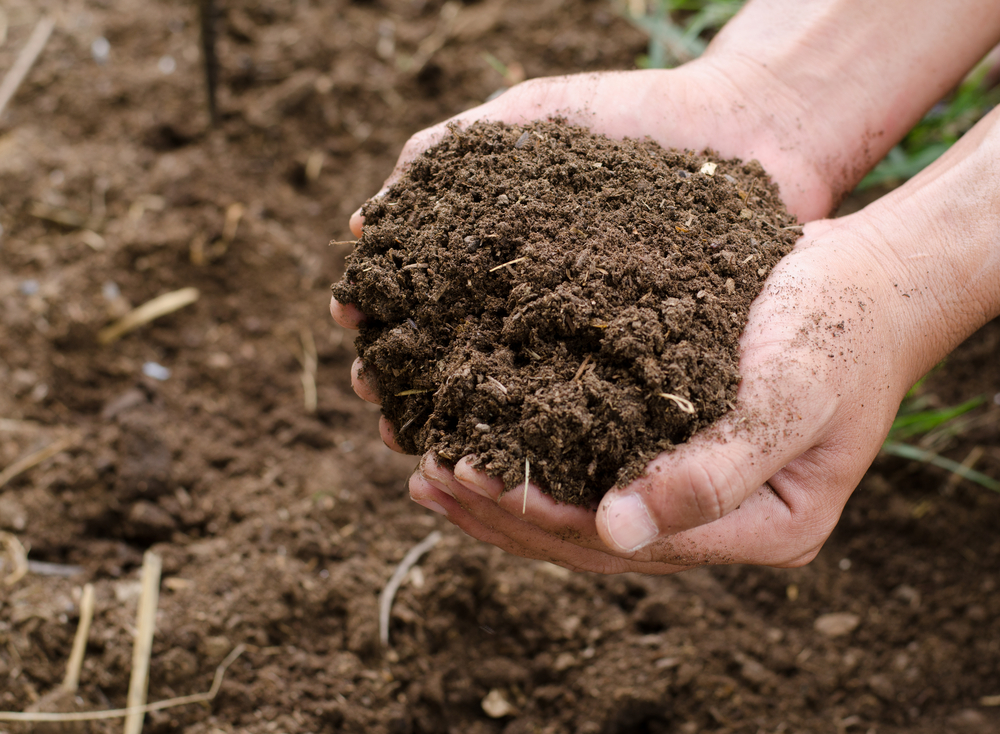
Soil is almost everywhere around us that we don't give it much thought. But it is so crucial that life as we know it will cease to exist without soil. Here's a peek into how soil came to be.
Though Earth is over 4.5 billion years old, the soil it holds is less than 500 million years old. Before soil came about, the continents of our planet were "dusty, barren and rocky landscapes similar to the surface of Mars". All that dramatically changed with the birth of soil. It was earlier believed that rivers weathering bare rock resulted in soil, but more recent research suggests that land plants are largely responsible for the formation of soil.
Freshwater algae gradually evolved to become land plants, which quickly gained complex forms. So quickly that 385 million years ago, there were forests the world over. These forests "sucked carbon dioxide out of the atmosphere at a rapid rate". This resulted in global temperatures falling and causing widespread glaciations. These "helped to grind down Earth's rocks". But there was also something else at play – roots.
There's evidence that early plant roots were not the way they look today. There were just thin stems covered in tiny hairs, which helped "anchor plants to the planet's rocky surface and absorb water and nutrients". The new hairy stems intertwined with decaying older stems to result in a thin-layered peaty soil enough to offer a foothold for more plants to grow. In about 20 million years, plant roots evolved and "drilled down over a metre in depth", transforming soils and letting plants gain access to deep reserves of water and nutrients. "This below-ground revolution provided an entirely new ecosystem for life to diversify into." From fungi and mites to roundworms and early arachnids, the soil was just bursting with life. Meanwhile, the penetration of roots into the ground also helped broad sheets of water on land to flow deeper to become what we now call rivers. It is said plant roots may have evolved further since then, impacting soil.
Given how important soil is for water, nutrients, and absorbing carbon, it is worrying that globally our soil is in peril due to several factors, including erosion. And this is a reminder that we must protect it.
Picture Credit : Google




